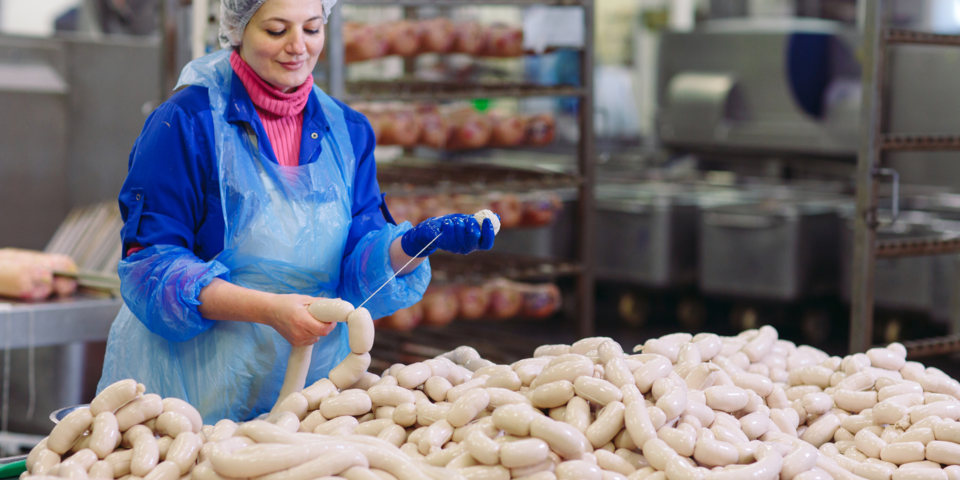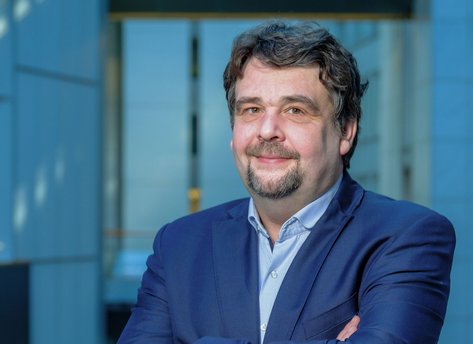 Getty Images - davit85
Getty Images - davit85
Meat and sausages also involve consumer protection
ed* No. 01/2025 – Chapter 8
The food industry is one sector in which occupational safety and health are especially important. The requirements to protect workers from chemicals, dust, heat, moisture, noise, vapours and injuries must always be brought into line with the strict hygiene regulations that protect food safety as well as the consumers.1
The meat industry, in particular, has been repeatedly criticised. An opaque network of subcontractors, dumping wages, 12- to 16-hour shifts, harassment and inadequate workplace safety and health have all dominated the news. One person who has been particularly criticised is Clemens Tönnies, a meat manufacturer based in Rheda-Wiedenbrück in East Westphalia. He attracted attention during the COVID-19 pandemic, when the number of infections in his company skyrocketed. The federal and state governments jointly intervened, and banned subcontracting contracts in slaughterhouses as well as in cutting and meat processing facilities. Today, Tönnies has improved his reputation by investing in workplace safety and health, setting up a staff unit that deals with communication and language barriers, implementing a ten-point plan for improved spacing on and between the production lines and offering collective wages. Lorry drivers now have sleeping quarters on the factory premises. Dennis Radtke, Federal Chairman of the German Christian Democratic Employees’ Association and Member of the European Parliament, saw the improvements for himself in autumn 2024.

A few weeks ago, following my election as Federal Chairman of the Christian Democratic Employees’ Association within the Christian Democratic Union, I visited one of Europe’s largest meat processing companies, the Tönnies Group in Rheda-Wiedenbrück, to learn about working conditions and occupational safety and health. It’s a completely different situation today when compared to that of five years ago. Everything is being done here to ensure good and safe jobs and the production of high-quality food.

